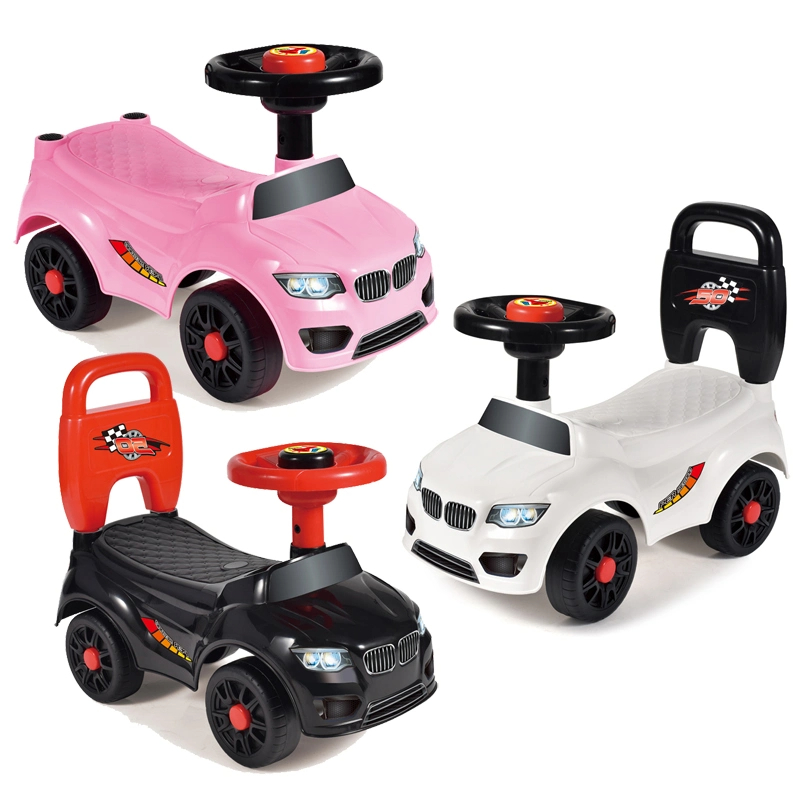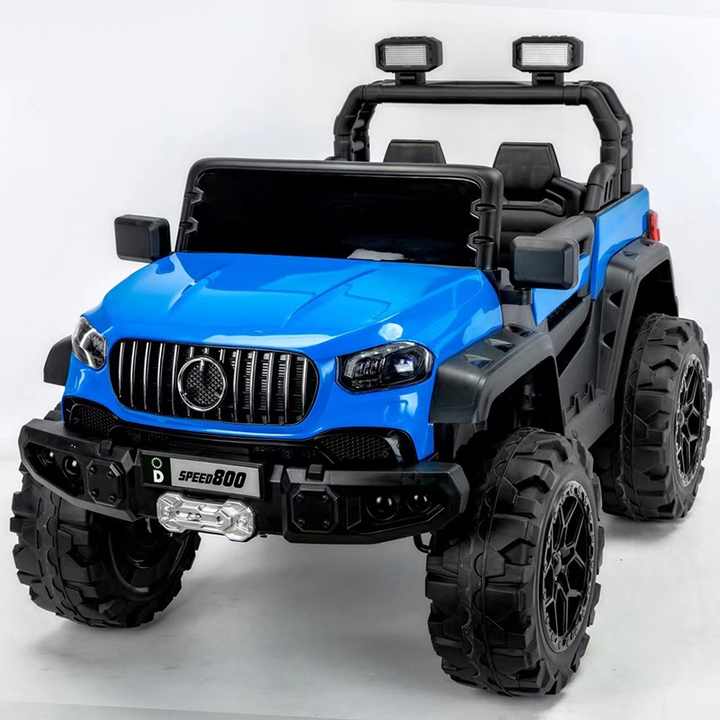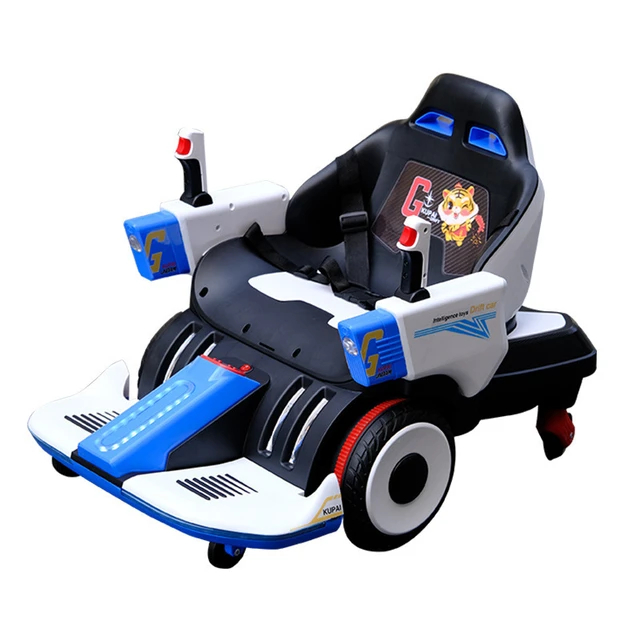Exploring the World Through Toy Cars
Sparking Creativity and Learning in Play
toy cars for kids offer more than just playtime fun; they are pivotal in sparking children’s creativity and learning. As kids zoom their miniature vehicles across the room, they craft stories and scenarios, expanding their imagination. This pretend play is essential for cognitive development, as it allows children to experiment with cause and effect, understand spatial relationships, and develop problem-solving skills. Toy cars come in various shapes and sizes, giving children the chance to explore different types of vehicles and their functions, driving further curiosity and knowledge.
Encouraging Motor Skill Development
Playing with toy cars also supports the development of fine motor skills in children. As they grip, push, and maneuver these small objects across different surfaces, kids improve their hand-eye coordination and dexterity. These movements are foundational for tasks that require precision, such as writing and using utensils. Additionally, racing toy cars or navigating them through obstacle courses challenges kids to use their judgement regarding speed and distance, refining their timing and precision as they play.

Choosing the Right Toy Cars for Different Ages
Safety and Simplicity for Younger Children
When choosing toy cars for younger children, safety and simplicity are paramount. Toy vehicles intended for toddlers should have no small parts that could be a choking hazard. They should also be made from durable, non-toxic materials that can withstand chewing and rough handling. Cars with large, simple designs are perfect for small hands to grasp and maneuver, aiding in the development of their fine motor control and coordination.
Advanced Features for Older Kids
For older children, look for toy cars with more advanced features that can engage them in complex play and even educational aspects. Models with movable parts, such as doors that open or detailed interiors, can provide a more realistic play experience. Remote-controlled cars enhance the fun, offering an opportunity to develop coordination and understanding of cause and effect. Some toy cars are designed to be taken apart and rebuilt, perfect for kids interested in mechanics and engineering concepts.
Beyond the Wheel: The Variety of Toy Cars
Embracing Diversity with Different Types of Toy Vehicles
The world of toy cars is diverse, offering children a chance to engage with various types of vehicles beyond the standard car. From fire engines and police cars to construction vehicles and race cars, this array broadens their understanding of different professions and vehicle uses. Some toy cars come with specific themes or are replicas of vehicles from popular movies and television shows, which can resonate with a child’s personal interests and encourage enthusiastic play.
Eco-Friendly Choices: Wooden and Recycled Options
For eco-conscious parents and guardians, there are options for environmentally friendly toy cars. Wooden cars, often crafted from sustainable sources, offer a timeless, durable choice and have a unique tactile feel that can stimulate children’s senses. Brands are also producing toy cars made from recycled materials, promoting an eco-friendly mindset from a young age. These options are not only kind to the planet but also instill valuable lessons about sustainability in young minds.
Interactive Play with Toy Car Sets and Tracks
Building Worlds with Car Sets and Playsets
Toy car sets and playsets promote interactive play by providing a thematic environment for children’s vehicles. These sets may include elements such as garages, race tracks, or city scenes, allowing children to create structured narratives around their play. Engaging with these playsets can extend the time children devote to imaginative play, boosting their creativity while offering practical knowledge about various environments where real vehicles operate.
Enhancing the Experience with Tracks and Accessories
Toy car tracks and accessories can take playtime to a new level of excitement and interactivity. From simple loop tracks to intricate racing circuits with jumps and loops, tracks provide a playground for children to test their skills and enhance their play. Accessories like traffic signs, lights, and additional vehicles add layers to the game, teaching children about traffic rules, signage, and road safety in a fun and memorable way.

Educational Value of Toy Cars
Integrating Learning with Play: STEM Concepts
Toy cars can also serve as educational tools that introduce STEM (Science, Technology, Engineering, and Mathematics) concepts. Playing with toy cars involves physics principles such as velocity and friction. Sets that allow construction and customization of vehicles can foster engineering skills. Children can learn about different energy sources through toy cars powered by batteries, solar energy, or even manual winding mechanisms, sparking an early interest in technology and innovation.
Toy cars also provide a platform for children to develop social skills through shared play. When kids engage in play with peers, they learn to communicate, share, and collaborate. This collective play can take place anywhere – on playgrounds, during playdates, or in classroom settings. The turn-taking and negotiation involved in playing with toy cars help children develop empathy and the ability to understand different perspectives, which are essential social skills.
Toy cars represent a miniature world of exploration and education for children. From simple push-along models for toddlers to intricate RC cars and STEM toys for older kids, there is a toy car to enrich every child’s playtime. As children engage with these toys, they develop motor skills, learn about the world around them, and build valuable social skills. The inclusion of diverse vehicle types and eco-friendly options ensures that the joy of playing with toy cars is both inclusive and responsible. Through imaginative scenarios and exciting tracks, toy car play generates endless opportunities for growth and fun.
Cultivating Lifelong Hobbies Through Toy Car Collecting
Starting a Collection: Fostering a Sense of Ownership and Pride
Toy car collecting is a hobby that can begin in childhood and last a lifetime. Children can start small, perhaps with a single toy car that captivates their interest, and gradually build a collection. This practice teaches them organizational skills as they learn to categorize cars by type, color, or brand. Children also learn the value of taking care of their belongings to keep them in good condition. Assembling a collection can instill a sense of pride and ownership, as well as a deeper appreciation for the craftsmanship of each vehicle.
The Educational Aspect of Collecting Diecast Models
Diecast model cars, often detailed replicas of real vehicles, offer an educational benefit to older children who are enthusiasts. Not only do these models provide a historical snapshot of automotive design evolution, but they also promote research skills as collectors learn about the real-life versions of their toy cars. This form of collecting can spark an interest in automotive history, design, and technology, potentially guiding children towards future careers or lifelong passions in these fields.

The Role of Toy Cars in Family Bonding and Tradition
Toy cars can serve as a bridge between generations, creating a shared interest that connects parents, children, and even grandparents. Adults often relive their childhood memories and share stories over toy cars, passing on their knowledge and enthusiasm. This shared hobby can lead to meaningful time spent together at car shows, races, or while building and customizing models. Such activities foster family bonding and pave the way for traditions that are handed down through the ages.
Toy Cars as Heirlooms and Keepsakes
Certain toy cars, especially limited edition or vintage models, can become family heirlooms treasured for their sentimental value. As these cars are cared for and passed down, they carry with them stories of childhood antics and adventures. They also serve as physical keepsakes that embody cherished memories, helping to keep a family’s history alive. Keeping a well-preserved toy car collection can provide a tangible link to the past and an heirloom for future generations to appreciate and enjoy.
